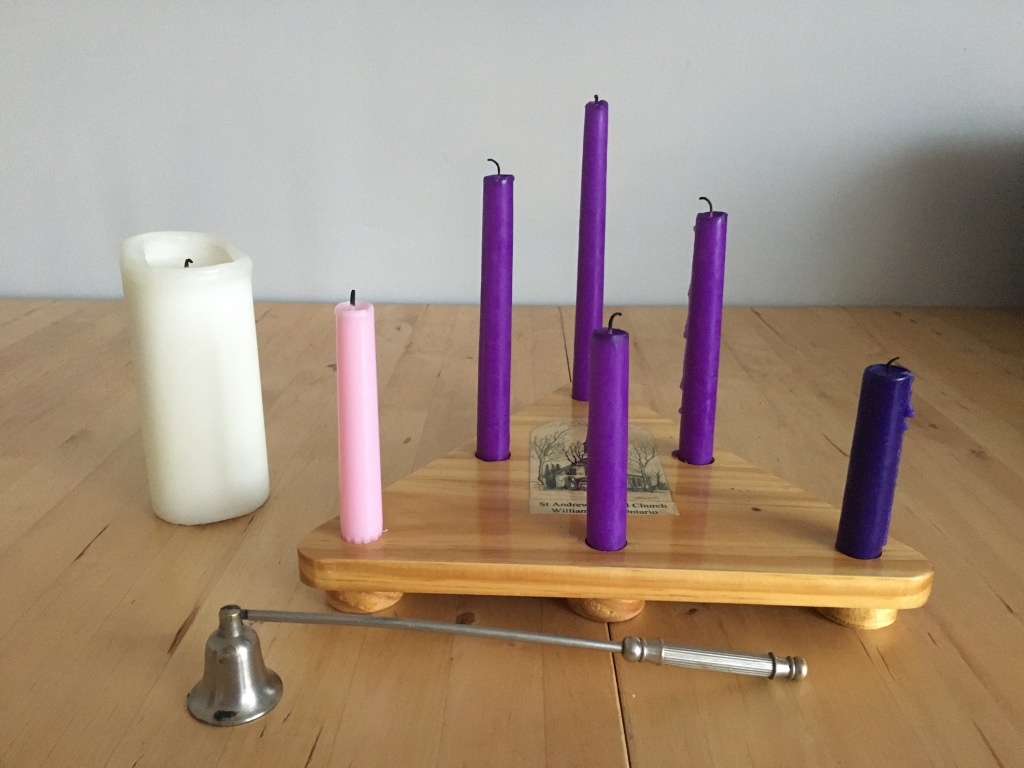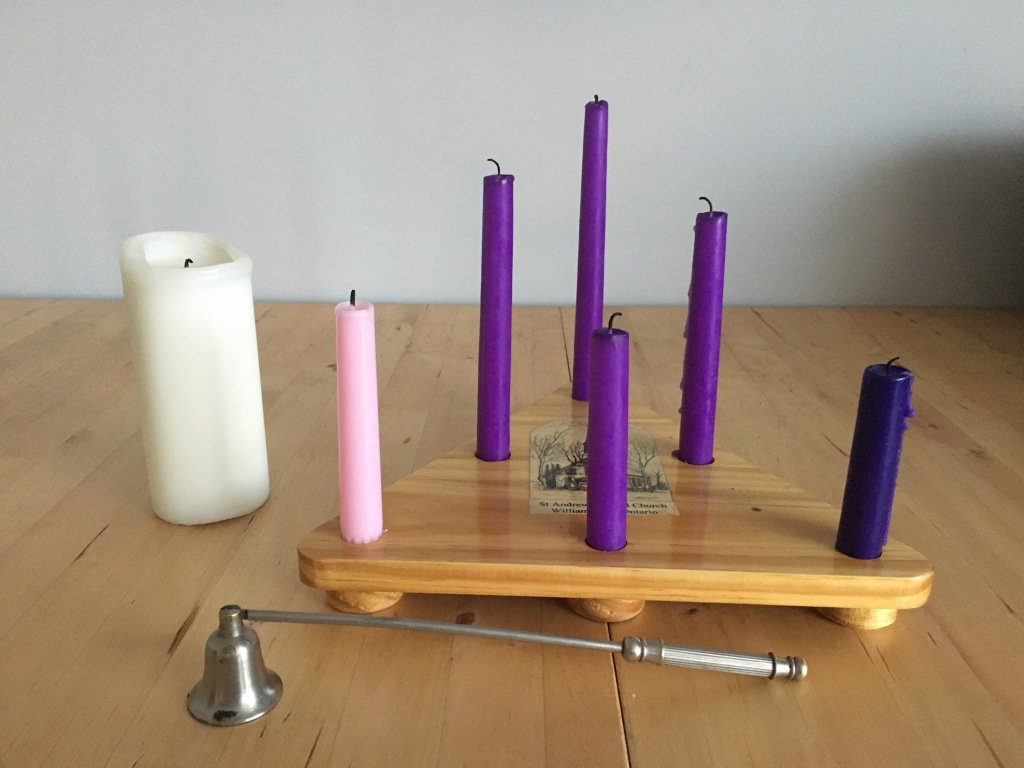
Abide in love
John 10 Jesus said to his disciples:
I am the true vine, and my Father is the gardener. 2 He cuts away every branch of mine that doesn’t produce fruit. But he trims clean every branch that does produce fruit, so that it will produce even more fruit. 3 You are already clean because of what I have said to you.
4 Stay joined to me, and I will stay joined to you. Just as a branch cannot produce fruit unless it stays joined to the vine, you cannot produce fruit unless you stay joined to me. 5 I am the vine, and you are the branches. If you stay joined to me, and I stay joined to you, then you will produce lots of fruit. But you cannot do anything without me. 6 If you don’t stay joined to me, you will be thrown away. You will be like dry branches that are gathered up and burned in a fire.
7 Stay joined to me and let my teachings become part of you. Then you can pray for whatever you want, and your prayer will be answered. 8 When you become fruitful disciples of mine, my Father will be honored.






